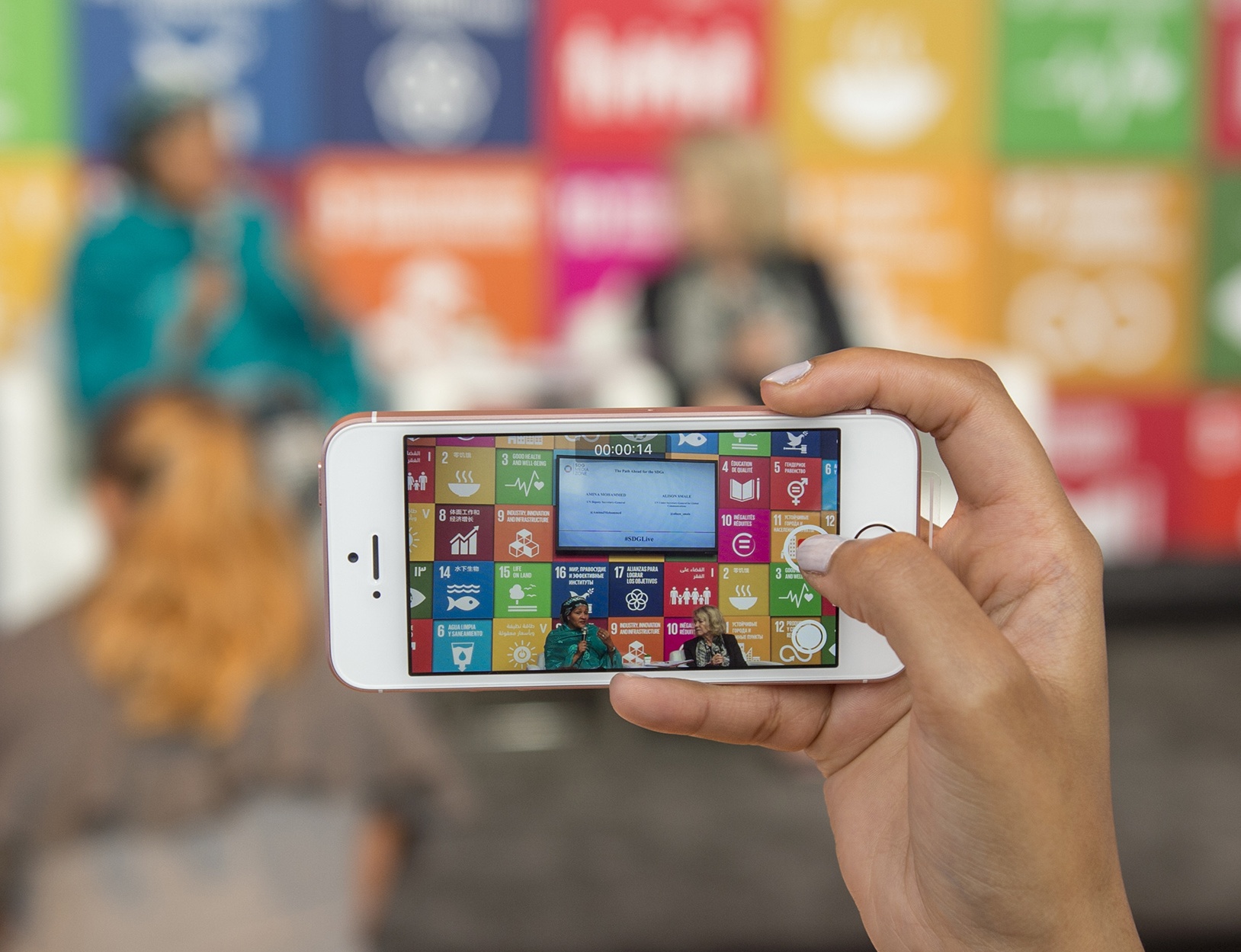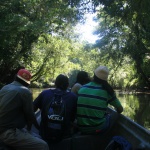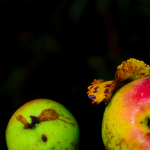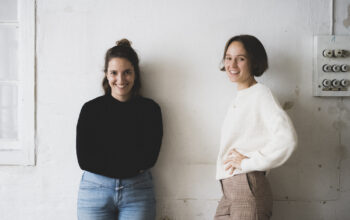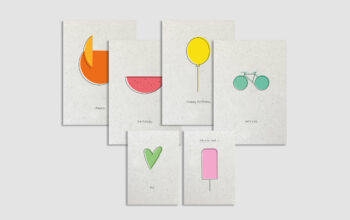In November, the Association of Foreign Affairs at Malmö University had the pleasure of hosting a lecture with Hannah Stanton, programme director of TheGoals.org, an online learning platform for creating awareness of the UN Sustainable Development Goals (SDG’s).
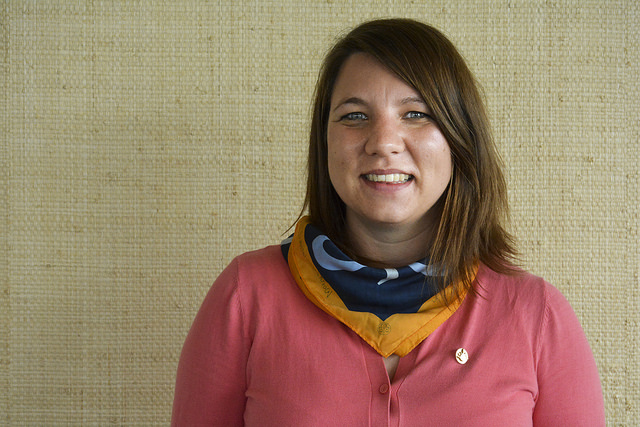
Hannah Stanton has previously led the World Association of Girl Guides and Girl Scouts (WAGGGS) delegation to the UN’s Commission on the Status of Women and the Agenda 2030 negotiations. Currently, she focuses on her work in the UN Major Group for Children and Youth and as director of TheGoals.org.
TheGoals.org is an interactive web app created to educate young people in the age of 14 to 30 years about the SDG’s. The aim is to inspire the users to take action against climate change, gender inequality, and hunger or in other ways work to fulfill UN’s 17 SDG’s. The philosophy of TheGoals.org is that education can appear in various forms and forums different from traditional school. And according to Hannah Stanton, such a platform connects young people pursuing a more sustainable world and shapes the future decisionmakers.
A world of unlocked potential
Hannah Stanton gained her own leadership skills and experience working with young people through the girl scout movement. She has attended various international events, meeting scouts from all over the world and she strongly believes the young generation has the power to push for a more sustainable world.
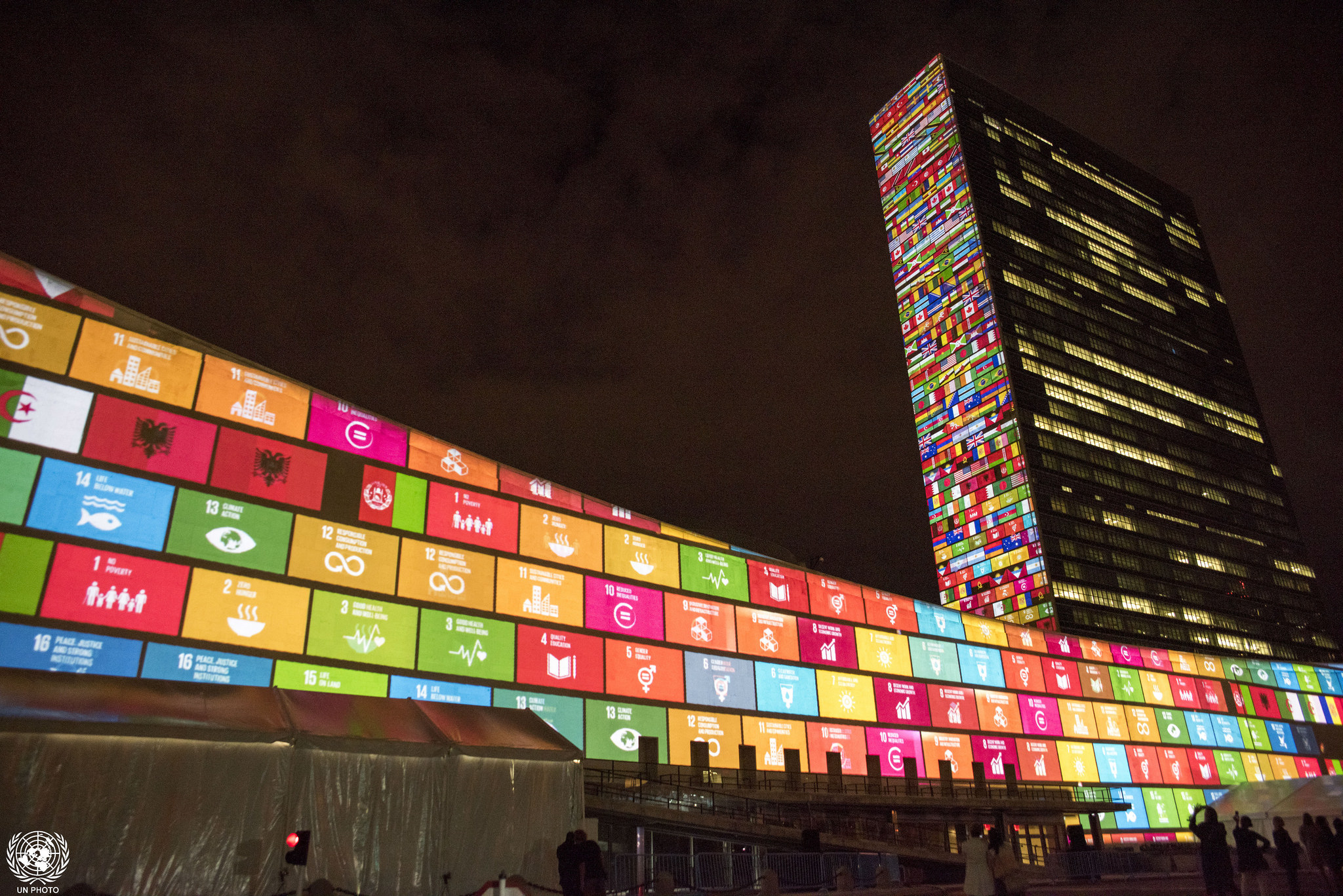
One may wonder what a teenager can do to stop climate change or what difference a student from the far North can make for women in Zambia. When asked why it even matters to involve young people who are not influential decision-makers, Hannah Stanton answers resolutely:
“The unlocked youth potential is the biggest driving force of making a change. We are dealing with the most growing generation – look at a country like Jordan where 65 percent of the population are under 30. Not using this group would be a huge loss. Youth is often disregarded and not included. If we can affect this, the decision-makers cannot neglect the youth anymore.”
She also stresses the importance of influencing the young generation from the beginning:
“Young people are still learning and if we can shape their behavior to be sustainable from the start they do not have to relearn anything. The older people, including ourselves, have to learn a lot of new things. If we give the young people a good start, they can be responsible adults from the beginning.”

Different kinds of change
So according to Hannah Stanton, we are dealing with a huge generation – as more than half of the world’s 7 billion population is under 30 years – of potential to change, just waiting to be realised. And even though the background and resources of those young people vary, she believes that the young generation can make much more of a difference than some people might assume.
“What exactly young people can do depends on where they come from and what kind of agency they have,” she says and brings up an example from her work as UN Major Group for Children and Youth Global Focal Point for SDG 14 (Conservation and sustainable use of the oceans):
“Look at the small island states – or large ocean states as I think they should be called – for example. Here we need to bridge the gap of understanding between young people in the islands and in other landlocked countries. Government indicators may not be the best tool for this purpose. The young people in landlocked countries need to understand how our consumption behaviours and climate change impact put these islands at risk, and how we can change and stop that to save our ocean and the islands.”
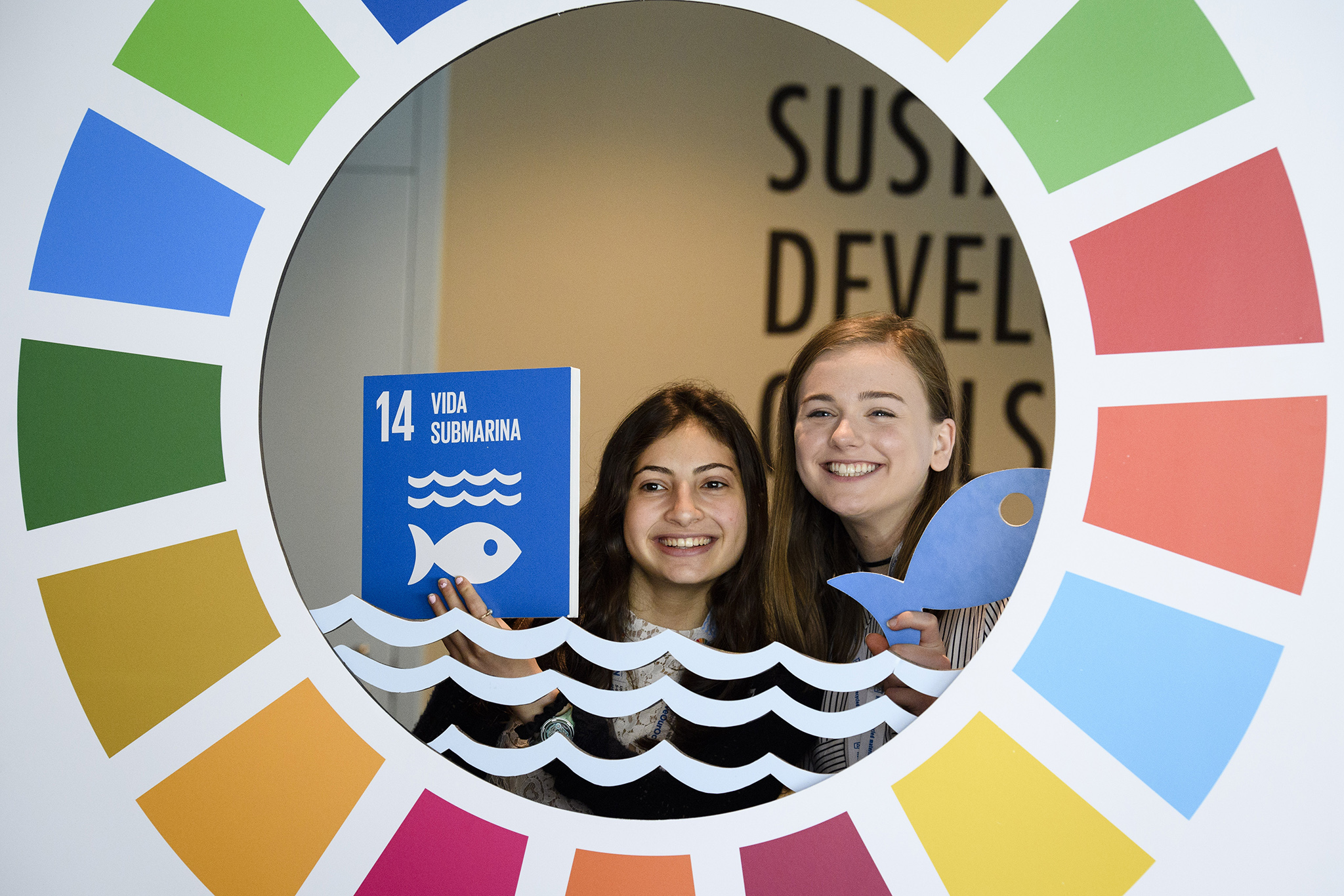
She admits that there is a difference between the youth and the older decision-makers who set the indicators for sustainable development. However, according to Hannah Stanton, this is not an obstacle for younger people to contribute to change.
“For me, the focus here is understanding the global context and what I can contribute with and not so much thinking ‘I need to ensure sustainable fisheries in the small island states’,” she says and turns her eyes towards the ceiling with a grimace. “I mean, that can be overwhelming or just too far from home for some. Now, if you are into marine biology or work in an environmental group, that will be closer to home and will be your focus. But for me, at this stage the most important part is that young people globally understand the significant impact our lives and lifestyles have on the ocean and the significant impact the ocean has and will have on our lives.”
So, what should the young people do once they achieve this understanding? According to Hannah Stanton, this is again a matter of context.
“In this part of the world [the West/Nordic countries, ed.], we must change our consumption patterns and transport manners and lead by example. I think those tasks are the easiest for us to fulfill, for instance here in Malmö,” she says. “For other parts of the world, I think the issue is to not develop like a developed country but to be sustainable from the beginning and not fall into the trap of seeing owning 50 types of the latest car model as a status symbol. To make sure to recycle, not burn the plastic, and so on.”
Hopes to inspire
To think less materialistically seems easy for a well-educated woman living in Sweden, one of the world’s most affluent and gender equal countries. Young people from a poor country, who compare their life to the ideal presented in the media, might find it easier to relate to the strive for owning a car than for conserving the oceans. But this manner of thinking is also a thing Hannah Stanton aims to address with TheGoals.org.
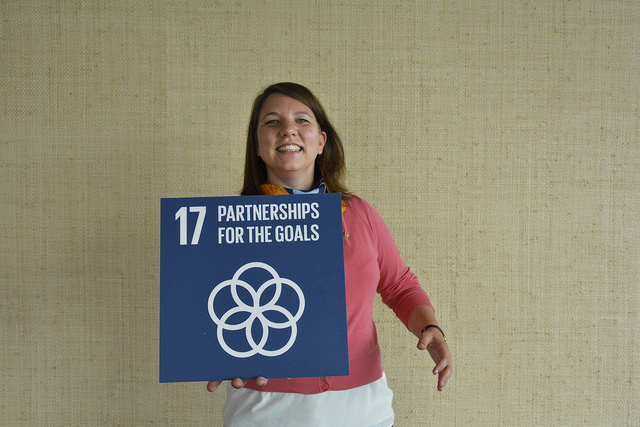
“We are hoping that this materialistic aspiration is just not encouraged by the way we educate [on TheGoals.org, ed.], for example by providing realisations like that you need to wear a piece of clothing 80 times in order for it to be sustainable,” she explains. “If we succeed, we will have the first sustainable generation. And I hope – well, i am sure – that we can do that.”
The belief in the power of the youth is crystal clear when Hannah Stanton talks. Despite global differences, she firmly maintains her trust in the people’s ability to make a change already while they are young.
“I hate – with passion – the notion of ‘leaders of tomorrow’,” she says. “We are all leaders of our lives today. The choice I make today has an impact today and tomorrow and the day after tomorrow and so on. I am not the leader of tomorrow, I am very much the leader of today.”
By Ida Scharla Løjmand
Photo Credit:
SDG Media Zone by United Nations Photo, CC BY-NC-ND 2.0
Hannah Stanton by United Nations Development Programme, CC BY-NC-ND 2.0
UN Headquarters by United Nations Photo, CC BY-NC-ND 2.0
Hannah Stanton at MaH by Lukas Wohnhas, all rights reserved
UN Ocean Conference by United Nations Photo, CC BY-NC-ND 2.0
Hannah Stanton by by United Nations Development Programme, CC BY-NC-ND 2.0
